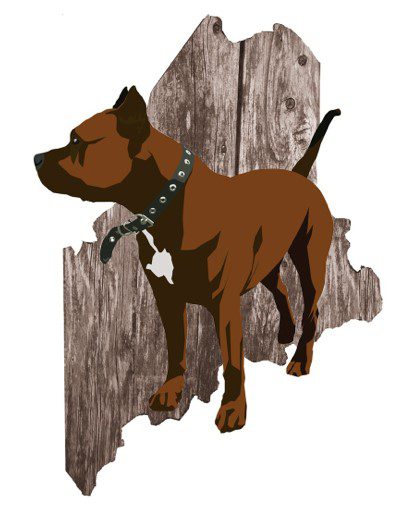Confession: Here at the Center, we’re old. (You could call us “veterans,” but as hardbitten reporters, we don’t like euphemisms, so we’ll stick with “old.”) That’s mostly good, because experience is what you need to get the hard stories.
But while our collective experience is an asset, we’re well aware that we won’t be around forever. In an age of declining journalistic enterprise, somebody’s got to take up the cause of investigative reporting who isn’t going to apply for Social Security in the next few weeks.
So while our primary goal here at the Center is to do investigative reporting about Maine government, a secondary mission is to train young reporters to do this work, too.
And we’re having some success with that secondary mission: Consider the email that arrived in our inboxes about a month ago with the subject line “My first FOI request.” Attached to it was a photo of an official form from the government of Canada, filled out in the spidery handwriting of one of our former interns, Nathaniel Herz, (full disclosure, he’s also my son).
Herz had taken methods he had used working on stories this spring for the Maine Center for Public Interest Reporting and applied them to his new job as a journalist at FasterSkier.com, covering international Nordic skiing. In this case, he was digging hard to find out just why a Canadian national ski association had made the controversial decision to turn down the opportunity to host a major ski competition. He wanted a copy of a report done for the Alberta regional government, which had figured prominently in the association’s deliberations.
But the government wouldn’t give it to him. So like every good investigative reporter, Herz got hold of Canada’s rules governing public access to government information, found the law that parallels freedom of information laws on this side of the border and filed a request for the information.
He’s still waiting for a copy of the report. Waiting for the government to give you information you’ve requested is also one of the things you learn as an intern at the Center.
Teaching interns the skills and methods of investigative reporting, and nurturing the next generation of skeptical journalists, is an important part of our work at the Center. Over the last few months, we’ve worked with Herz and two other interns, Emily Guerin of Portland, and Darren Fishell of Brunswick.
We help interns define what the story is (not always an easy task with young reporters who want to do really big stories), determine what information they need to find out for their story, where to go to find it, what methods they may need to use to get it and how to handle the sometimes reluctant public officials who may not want to give them the information. We even work with them on the tone and wording of their questions.
Guerin, who’s also served an internship at National Public Radio’s “Living on Earth”, worked for months digging into the records of gubernatorial candidates, checking out their claims to have graduated from this college, served in that position, created this many Maine jobs or led the passage of pioneering legislation. Guerin learned that sometimes a fact is easy to find — just call the college — and sometimes it’s not, because the “fact” proffered by a candidate is kind of “soft,” as in, well, not all those jobs have been created yet, but the company promised to create that many when they held a press conference announcing they were coming to the state.
Herz produced two stories for us on a state Workers Compensation Board member with two convictions for assault — we got a tip about the latest conviction, but Herz used public records to unearth the previous one. Those stories prompted the member’s resignation from the board. He also worked with Guerin on the candidate record research that we called “Operation Resume Check,” researching public records as well as the Internet and Lexis-Nexis and making phone calls to verify candidates’ claims.
Both interns collaborated with Center publisher John Christie on the stories that emerged from their reporting, and Christie worked them so hard he thought they’d never want to do anything for us again. Instead, Guerin got back in touch a few weeks later and said “That was so much fun I want to do it again!” So she’s working on a story about garbage, while Herz has gone on to use his digging skills at FasterSkier.com.
Like Guerin and Herz, Fishell came to us with a real desire to get experience doing in-depth reporting. We can’t tell you the story he’s working on, but we can tell you that he’s already got an outline for his research and is just about to dive into a story that you should see in a couple of months.
In the end, that’s the two-way street of working with interns: They learn how to be investigative reporters; we get the fruits of those labors.



